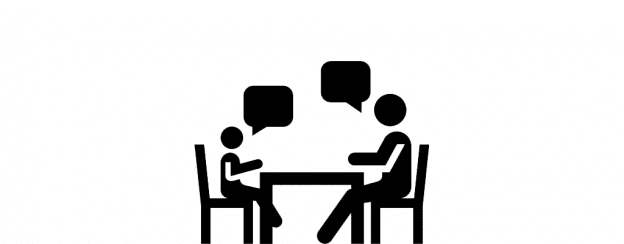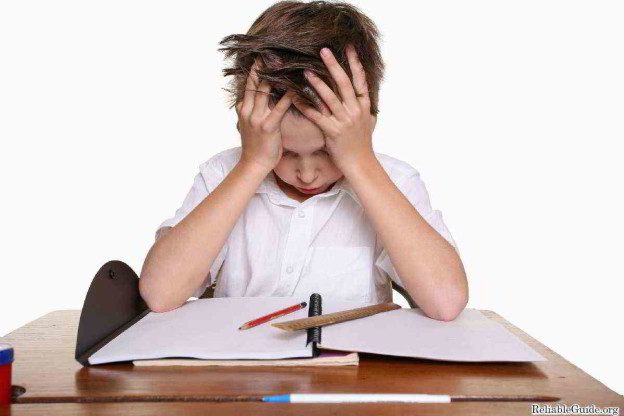As our hectic schedules and stressful lives leave us with little to no time to properly monitor our children’s performance in school, a lot of parents are taken aback when teachers or school authorities are critical of their child’s performance or behaviour.
As we all grow up in different environments and come from different backgrounds, integration of a class as a whole can sometimes have complications. As parents, you are in a unique position to know and understand your child and what they are going through. Teachers too, who spend almost 8 hours with your child knows when he or she is being difficult or when they are facing a genuine problem.
Many a time teachers and parents are not equipped to smooth out the difficulties a child is going through. Before these difficulties become insurmountable obstacles in a child’s learning curve, it is essential to address these and nip them in the bud. This is the time when a counsellor steps into the picture.
However, there is a stigma attached to counselling amongst parents who believe it is a drastic step and equate it to mean that there is some serious mental or psychological ‘problem’ with their child. When in reality, it is just a way to asses a child’s difficulties, pinpoint it and then move on to help them deal.
As young adults, there are not only emotional changes but physical and psychological changes that your child is going through. Sometimes, all they need is a neutral party who will listen to them. Apart from that, counsellors, as professionals, are capable of providing tools to children that will not only help them now, but also in the future.
Counselling is not to be feared or looked down upon. In a sense, try to debunk the fear and false notions attached to counselling and look at it as a medium to weed out problems or just a place where kids can be candid with someone other than their parents.

